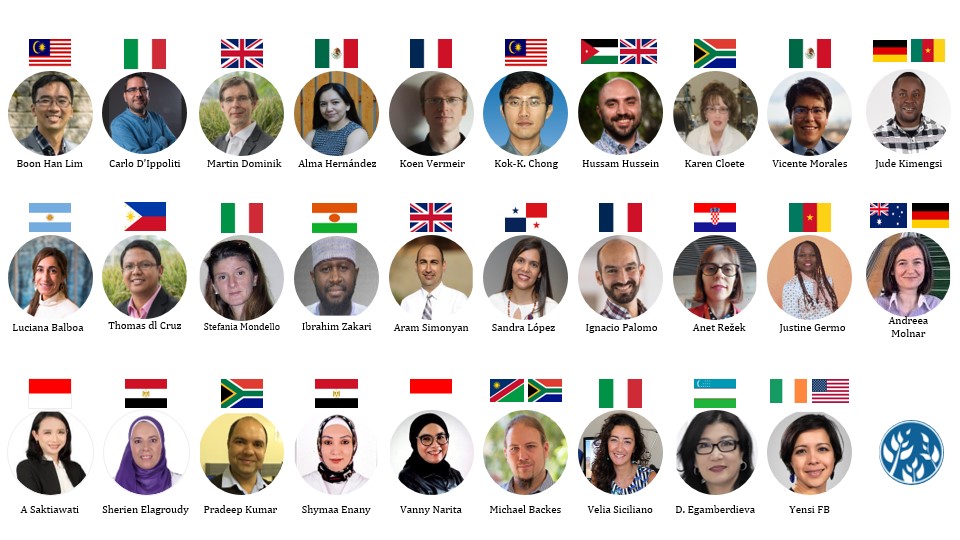Global study marks one of the most comprehensive analyses of academic promotion practices worldwide
ExecutiveCommitteeNews.jpeg)
A first of its kind study published today in Nature Journal unveils significant disparities in academic promotion practices worldwide, with a particular focus on the processes for awarding full professorships.
The research, led by Dr. Yensi Flores Bueso of Cancer Research @UCC, University College Cork, in collaboration with 29 researchers from 39 organisations across 22 countries, provides a comprehensive examination of promotion criteria used globally.
By analysing data from 190 universities and 58 government policies across 121 countries, the study highlights key challenges in current academic promotion systems. This effort was driven by researchers from the Global Young Academy (GYA), a science academy of researchers from six continents where Dr. Flores is co-chair. The GYA encourages international, intergenerational, and interdisciplinary collaboration.
Key Findings
- Over-reliance on metrics: Promotion practices often emphasise publications and citation counts, which may disadvantage academics from underrepresented regions and those with non-traditional career trajectories.
- Systemic barriers: Researchers from minority groups and underserved regions face structural challenges that limit opportunities for equitable career advancement.
Dr. Flores emphasised the importance of reforming these systems: “Our study provides baseline information on global promotion practices, offering a starting point for future reforms that can help create a more inclusive and diverse research ecosystem.”
She added:
“Rigid promotion criteria that focus solely on publication metrics limit opportunities for researchers from diverse backgrounds and career trajectories.”

Co-authors of the study are 29 researchers from 39 organisations across 22 countries
Future Reform
The research highlights the need for more inclusive and qualitative approaches to evaluating academic contributions. By recognising diverse career paths and broader contributions, the global research community can foster a culture that prioritises equity, diversity, and integrity over narrow metrics.
Read the full study in Nature here.
